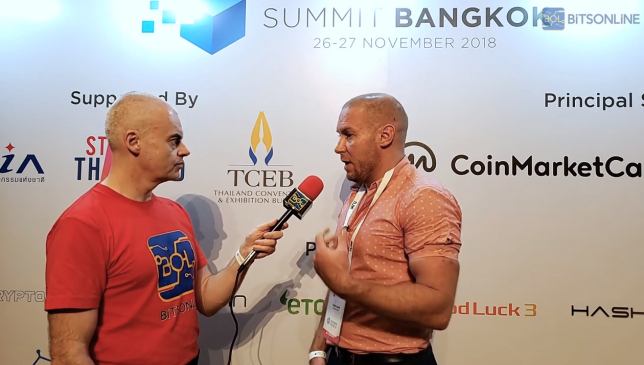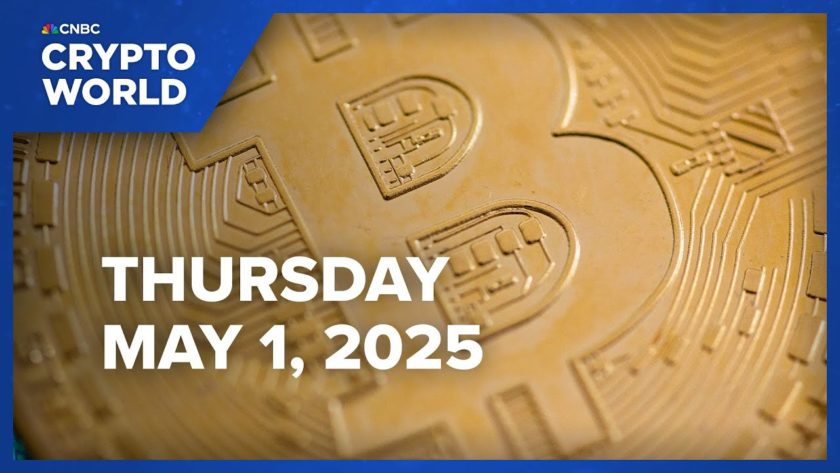Elevate Health Says People Can Live Longer With Blockchain Rewards
December 9, 2018 by Jon Southurst
Should health insurance agencies offer incentives for “good behavior?” How would they monitor this? Bitsonline spoke to Simon Lewis of Elevate Health about “lifestyle illnesses,” how they’re a huge drain on national healthcare systems and the insurance industry — and how his company could help people save money (and their lives) by avoiding them.
Also see: Despite Evidence to the Contrary, Joseph Lubin Claims Ethereum Adoption Growing
Subscribe to the Bitsonline YouTube channel for great videos featuring industry insiders & experts
Learning to Avoid ‘Lifestyle Illnesses’

The less-catchy name for lifestyle illnesses is “chronic, non-communicable diseases”. You may be able to guess where this is going: he’s talking illnesses arising from poor lifestyle choices like eating badly, not exercising enough, smoking, drinking, and taking drugs.
That covers the spectrum of cancers, heart and lung diseases, strokes, diabetes, etc. Lewis says those conditions are six of the 10 largest causes of premature death today, and as such, make up a huge percentage of healthcare costs.
Preventative cures are the solution, says Lewis. Those who cover most healthcare costs, i.e.: governments and employers, could offer incentives to people for generally living healthier. And basically, that includes doing the opposite of any activity that could lead to lifestyle illnesses.
Watch the interview above to see how Elevate Health suggests that offering incentives via a blockchain-based rewards system is the way to go.
Elevate Health Says It Has a Solution
OK, so how does blockchain technology work in such a system? Lewis says it works as a mechanism to track the timing of behavioral changes, and then distribute the rewards.
Rewards also need to encourage people along the way to healthier living, says Lewis, since that’s the way the brain works. The real benefits of lifestyle adjustments come further down the track, so Elevate Health’s system allocates rewards in small amounts shortly after a participant makes the change or decision.
That would necessitate hundreds, or even millions, of small payments per day without human interaction.
The next challenge is monitoring whether people actually make those promised changes or not. Are they sneaking Snickers bars or cigarettes on the side? Lewis says the technology to monitor that kind of thing has also improved in the past five years, with apps and sensors on smartphones and smart watches, as well as other more specific health tracking devices.
It won’t stop people from attempting to game the system (since gaming systems is something people have evolved to be skilled at). And the system itself could evolve into something more Orwellian, where behavior is constantly monitored and failure to make positive adjustments is punished, rather than good behavior rewarded.
Lewis acknowledges this is possible, referring to China’s “social credit” trials that have seen ordinary people denied access to services and benefits for indiscretions. However, he says, governments faced with staggering healthcare costs will inevitably look to implement such systems, so maybe it’s better to create a culture of reward rather than denial.
Is Elevate Health the right answer? There are many questions to consider. Watch the interview above, and tell us what you think in the comments.
Images and video via Bitsonline, Jon Southurst




